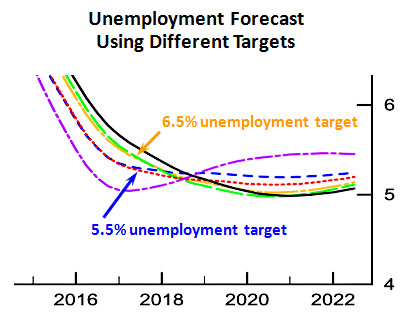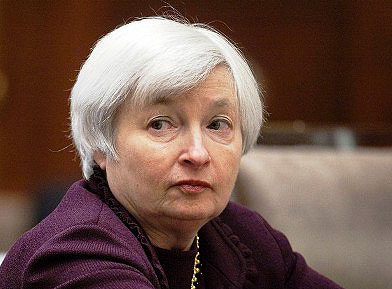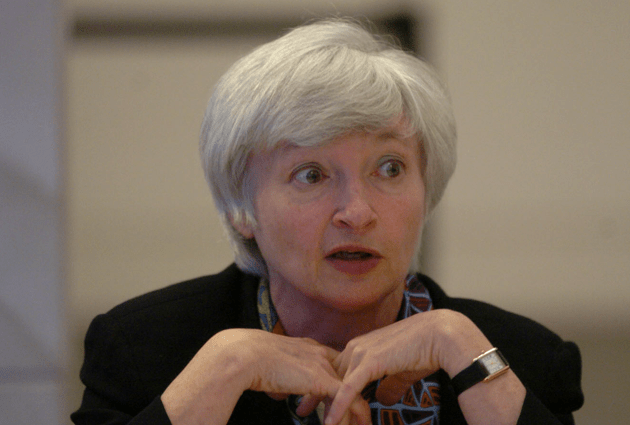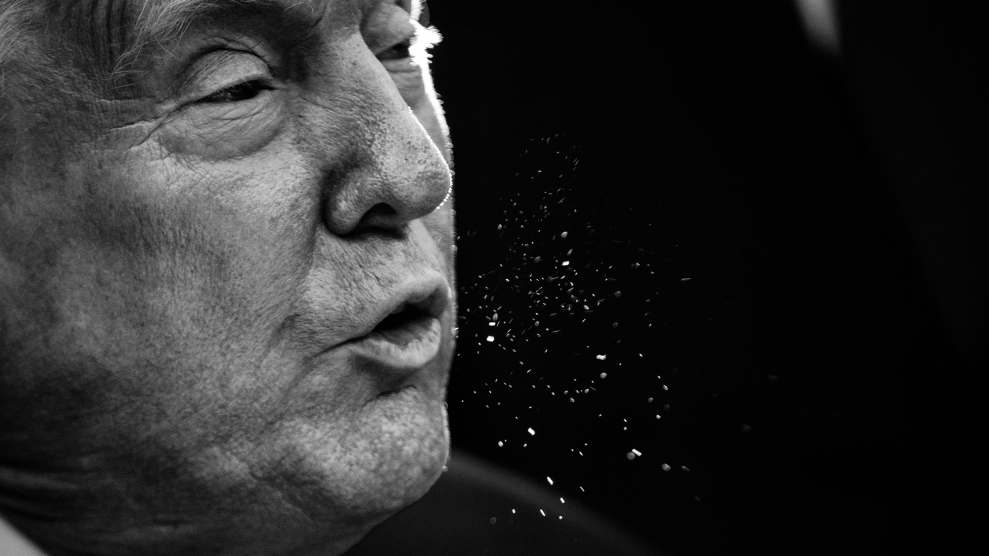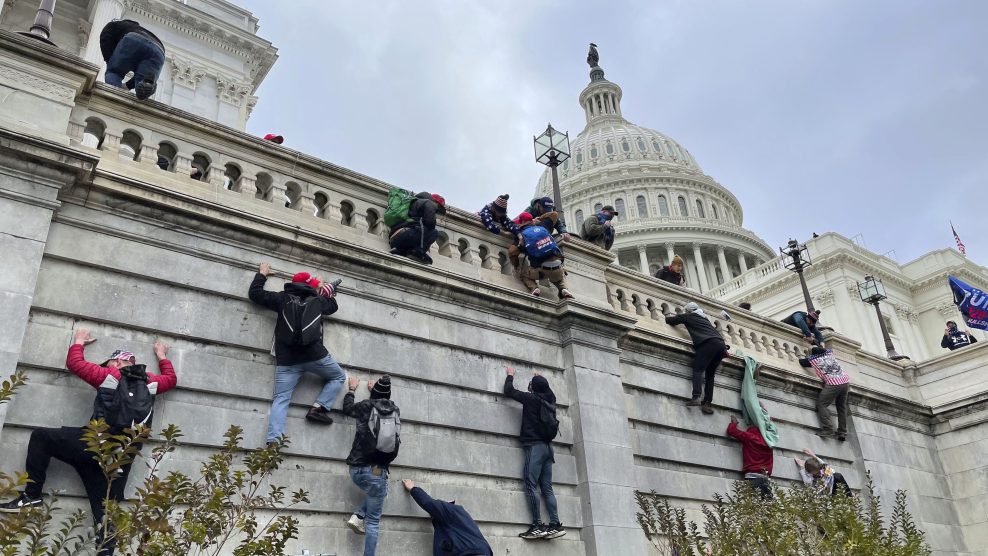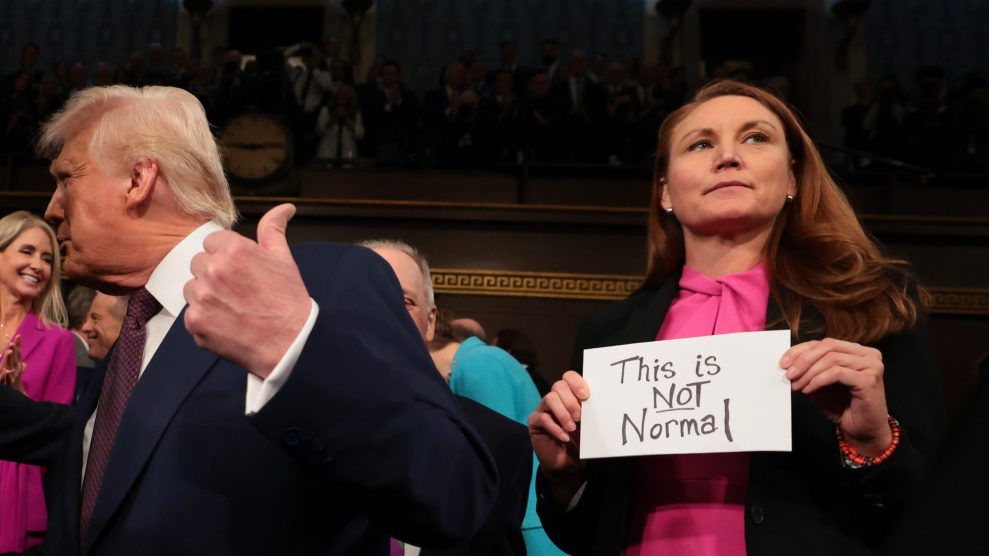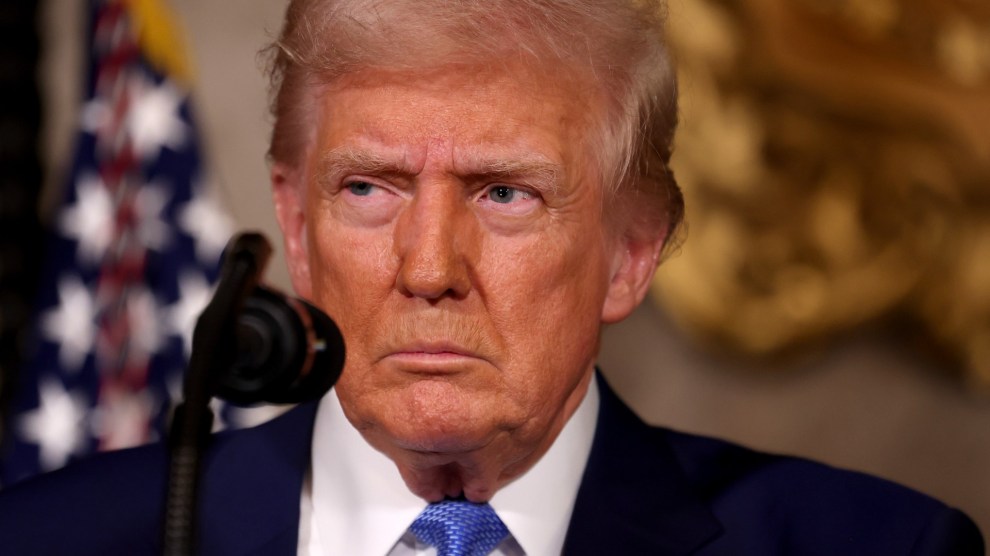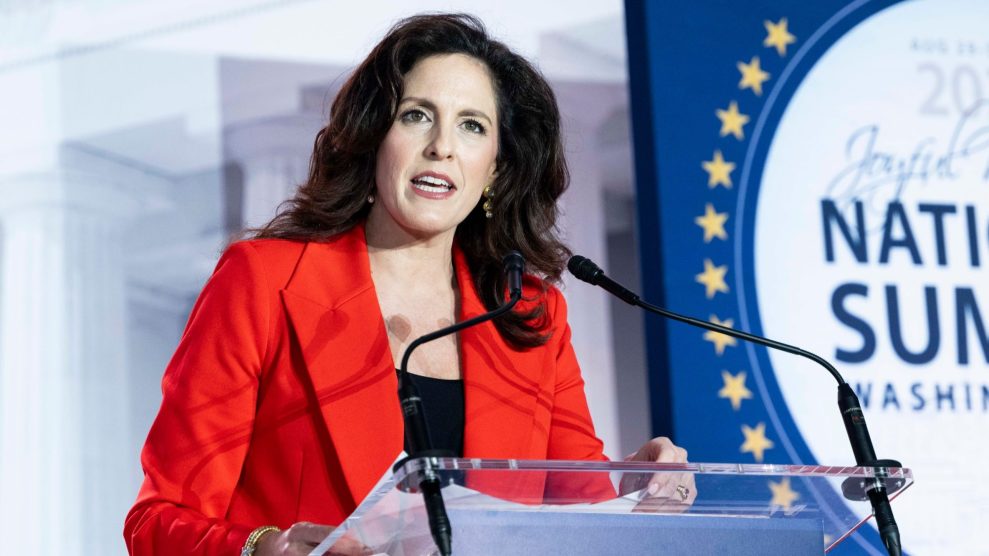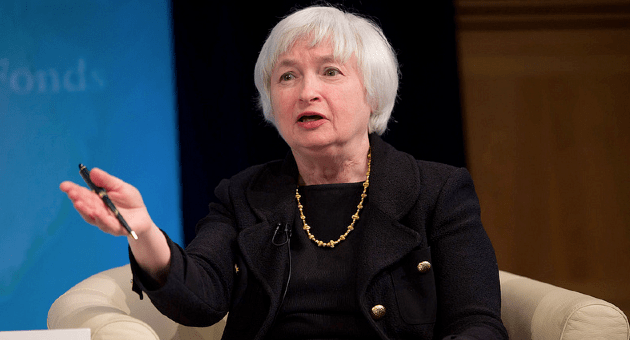
Janet Yellen.<a href="http://www.flickr.com/photos/imfphoto/8655581031/">IMF</a>/Flickr
On Thursday morning, the Senate banking committee held a hearing on Janet Yellen’s nomination to chair the Federal Reserve—the US central bank charged with keeping unemployment low and inflation in check. A telling moment in the hearing came when Sen. David Vitter (R-La.) asked Yellen, the Fed’s current vice chair, when the central bank would wind down its powers to bail out banks, as required three years ago by the Dodd-Frank financial reform act. Yellen wasn’t sure.
Between 2007 and 2009, the Fed doled out $16 trillion in cheap loans to big banks that were reeling from the global financial crisis. To prevent Wall Street from expecting this type of cash infusion in the future, Dodd-Frank restricted the kinds of emergency lending the Fed can do. But the Fed still hasn’t crafted these general provisions into specific regulations limiting its powers—and until it does, it’s free to do as it sees fit.
At the hearing, Yellen told Vitter that regulations limiting the Fed’s bailout powers are still “in the works” and that she’d “try to get it out soon,” but said she was “not certain what the time frame is.” During questioning at a financial services committee hearing in July, Fed chair Ben Bernanke said the Fed had “made a lot of progress” on in crafting enforceable limits on its bailout powers, and that he hoped to have the final regulations out by the end of the year. Yellen’s lack of an answer for Vitter’s question suggests that year-end deadline may be off the table.
As I reported in July, financial reform experts think the reason the Fed is dragging its feet is obvious: the central bank doesn’t want to cede any powers it may want to use in the future. It’s easier for the Fed to hand out money than to upend the way it operates, Marcus Stanley, the policy director at Americans for Financial Reform, told me at the time.
The Fed could be busy with other matters, of course. But Yellen’s lack of an answer suggests that limiting its own powers isn’t “a high priority for the Federal Reserve,” says Mike Konczal, a financial reform expert at the Roosevelt Institute.
